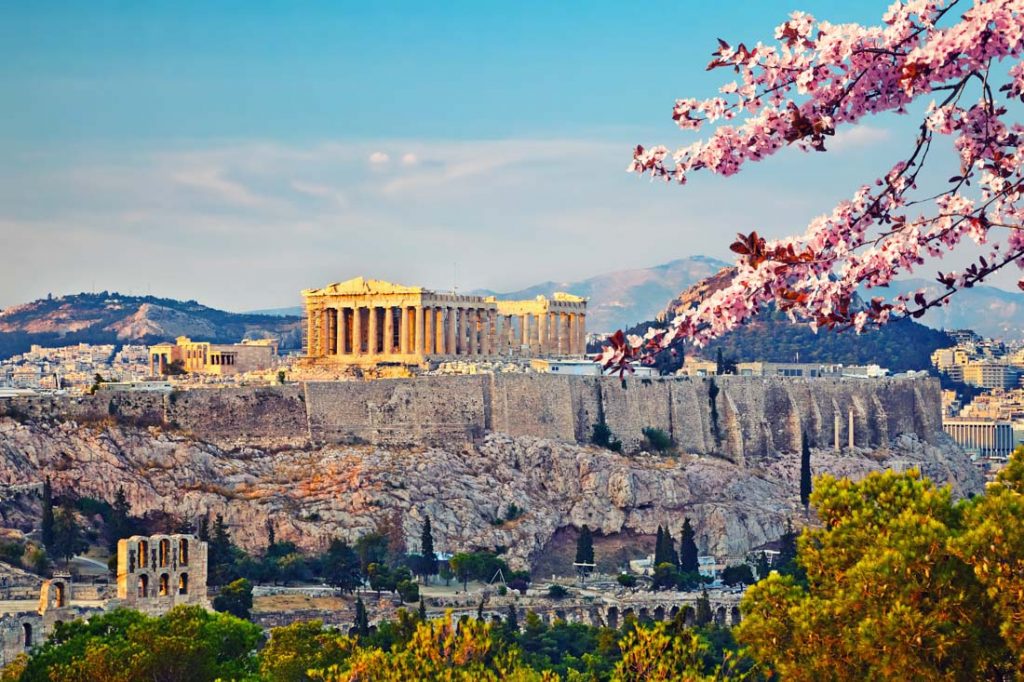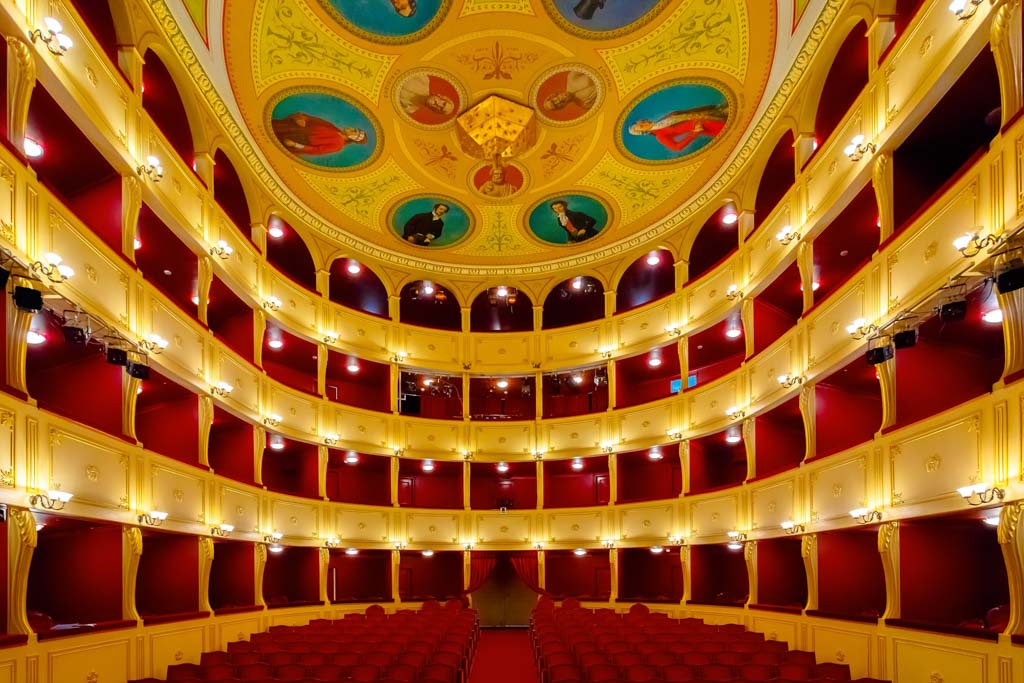The Ancient Greek world has much to teach us still. The highest good, the ultimate virtue in ancient Greek society was civic engagement – contributing to the common good of the city and of society at large. For example, the wealthiest of the citizens were expected to fund the building of “triremes” battleships to protect the city, or to host religious festivals and banquets. In the Tholos of the Ancient Agora, a committee of ‘Prytaneis’ – executive representatives – would serve the city, with each tribe taking turns. Everyone had their part to play for the common good.

This is why we have so many words today stemming from the Ancient Greek word “polis”- πόλις. The word meant “city” but it encompassed so much more. ‘Polis’ means not just the urban space but the idea of society.
Polis – in Ancient Greece
In Ancient Greece, the word ‘Polis’ indicated a city-state – such as Sparta and Athens – a self-governing unit, independent of anyone else. But it also meant much more; the word polis also encompassed the concepts of both the rights and the obligations of the citizens. Here are some of the familiar uses of “polis”, animating similar concepts as the root of many words in English that describe the relationship of the individual to the community.
Ermoupolis, “Constantinople”, Ouranoupolis, Tripoli….

“Polis” forms the base of many city names today, inside Greece and beyond. The capital of the Cyclades, on Syros, is named Ermoupoli- the city of Hermes, the God of Commerce. Today’s Istanbul was for centuries Constantinople, the city of Constantine, the Christian Roman Emperor. Ouranoupoli, a city in the Halkidiki peninsula, is the “City of the Sky” (“Ouranos” = heavens, sky). Tripoli, in Libya, is so called as it once was three cities: Oea, Sabratha and Leptis Magna.
Politics – Political – Politician
The “Politis” was the citizen in ancient Greek, a resident of the city, and also something more- a participant in the collective life of the city. Today the same word is used in modern Greek. Politics are the relationship of the citizens to one another and to the state, the “Polis”.
Police
The word for these keepers of public order also derives from “polis”. It comes to us via the word “Politia” – the Latin word for government, as derived from Ancient Greek. Police in the sense that we use it today has been in usage since the 19th century.
Metropolis – Metropolitan
This is a beautiful word, combining two words dear to the Greek soul – “Metro” comes from “μητρο” – the root for “μητέρα” (mitera) – “mother.” The Metropolis is the “Mother city”. We also use the word in “Metropolitan” – the Metropolitan cathedral is the main cathedral in a city. And of course, metropolitan transit – how often we use the word “Metro” without thinking of the word “mother”.
Cosmopolis – Cosmopolitan

“Cosmos” in ancient Greek means “world”. A cosmopolis is a city inhabited by people from all over the world – a “world city” as we might say, such as London, or New York. Someone who is “cosmopolitan” is a citizen of the world, a sophisticated person who is familiar with various habits, cultures, and customs. Similarly, a cosmopolitan outlook indicates a broad familiarity with the cultures of the world, rather than a narrow and provincial point of view.
Monopoly
In this familiar word, the poly means something different – the root is from the Greek word “polein” for “to sell”. A monopoly is the only entity selling something. And ‘only” is counter to the Greek notion of a politis – a citizen. The next word makes that idea clear.
Idiot
To us, this means a person lacking in intelligence. But the ancient Greek word “idiotis” comes from “idios”- private, ‘own’. In other words, the ‘idiotis’ is a private person who is acting apart from the collective – something that in ancient Greece was antisocial, and therefore thought to be a sign of ignorance or foolishness. It is the opposite, in essence, of the citizen.
Polis and Civilization in the modern world

So rich in meaning, the words from ‘polis’ – such as politics, metropolis, cosmopolitan – define so much more than concepts related to urban space. From Ancient Greece, we have the concept of society. When you visit Athens, have you noticed the parallels between the concepts that shaped Ancient Greek society and the way we live now?





